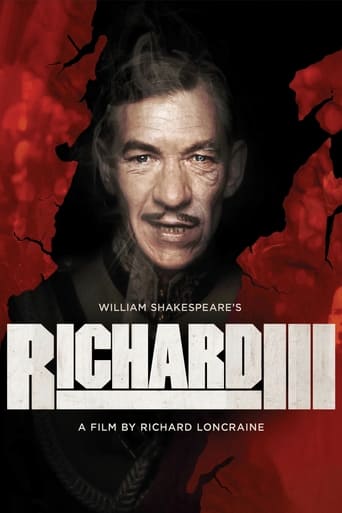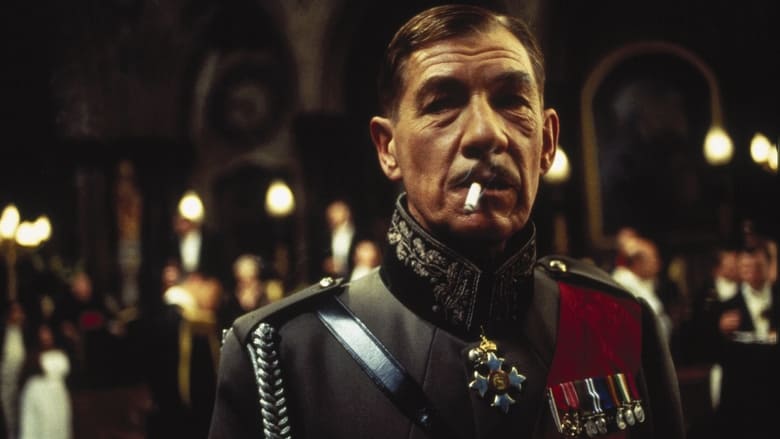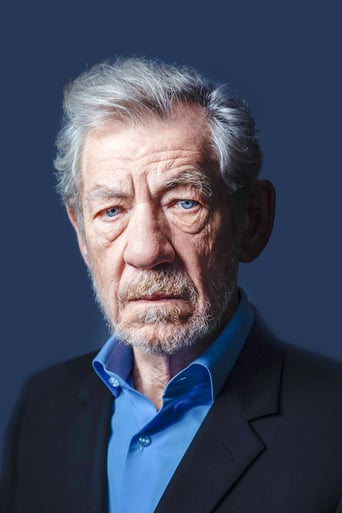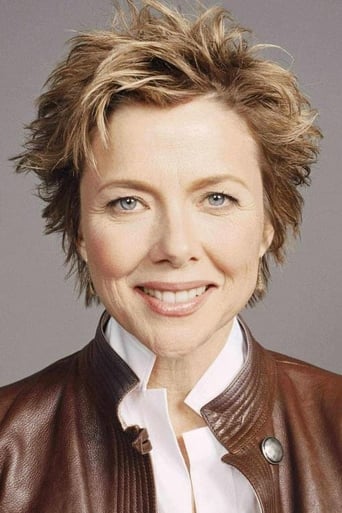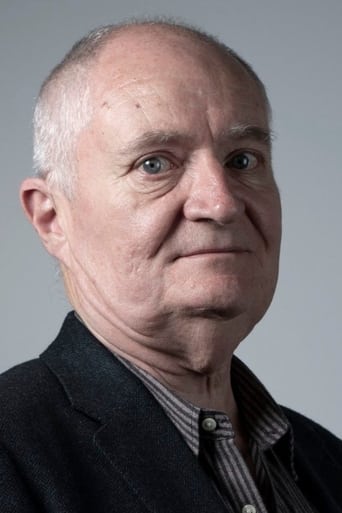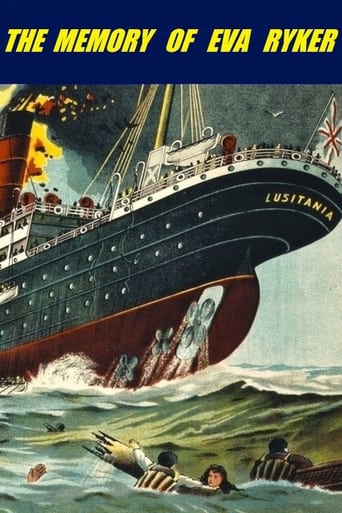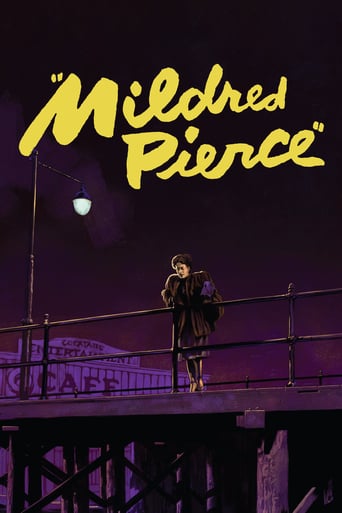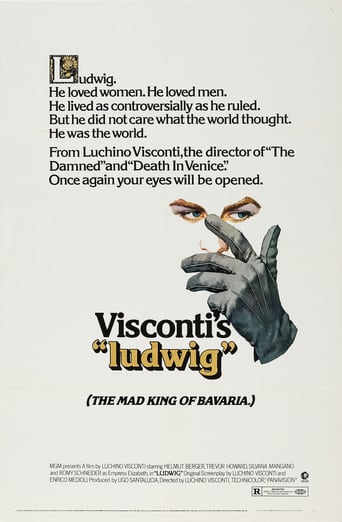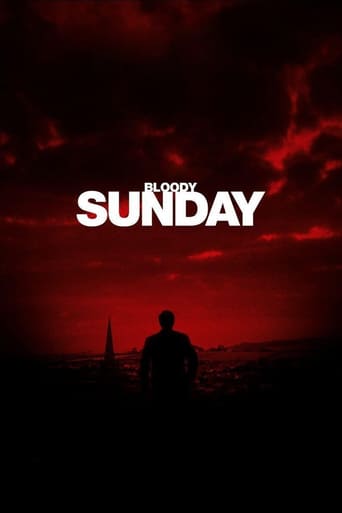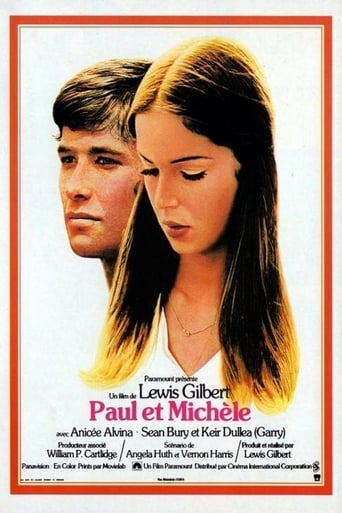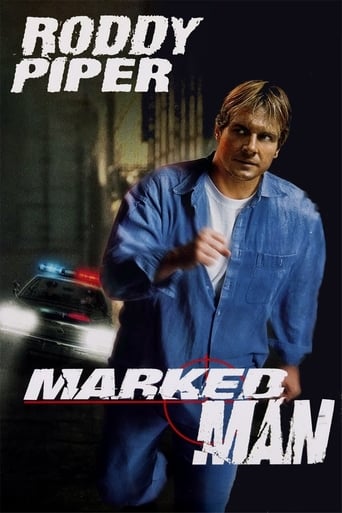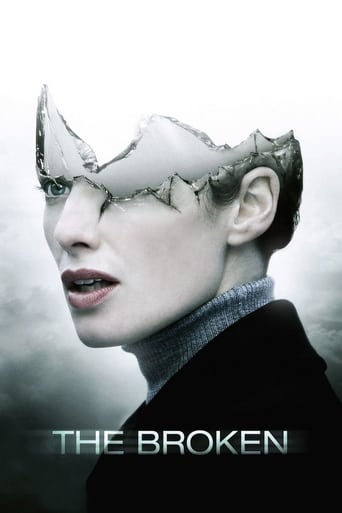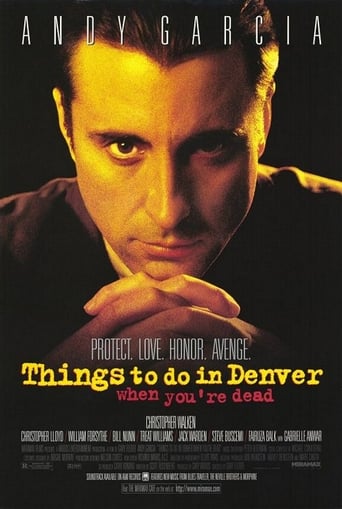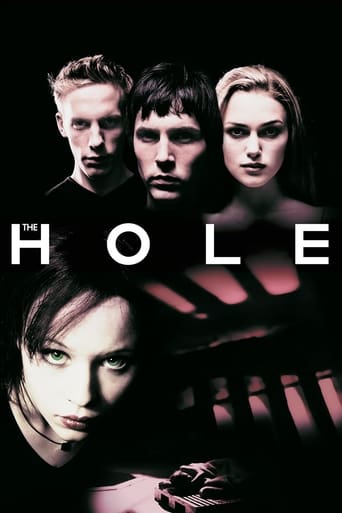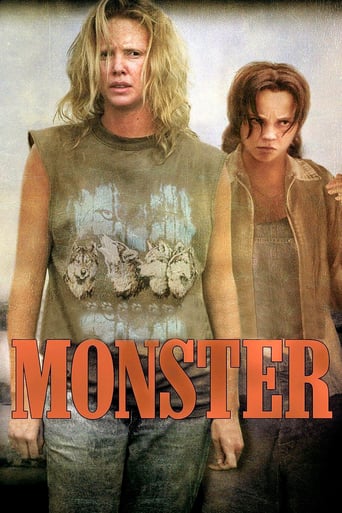Richard III (1995)
A murderous lust for the British throne sees Richard III descend into madness. Though the setting is transposed to the 1930s, England is torn by civil war, split between the rivaling houses of York and Lancaster. Richard aspires to a fascist dictatorship, but must first remove the obstacles to his ascension—among them his brother, his nephews and his brother's wife. When the Duke of Buckingham deserts him, Richard's plans are compromised.
Watch Trailer
Cast


Similar titles
Reviews
Instant Favorite.
I wanted to like it more than I actually did... But much of the humor totally escaped me and I walked out only mildly impressed.
Let me be very fair here, this is not the best movie in my opinion. But, this movie is fun, it has purpose and is very enjoyable to watch.
Blistering performances.
How many times have we seen a version of Shakespeare's 'Richard III'? Probably more times than we can count. In 1995, director Richard Loncraine and Sir Ian McKellan (Gandalf the Grey) wanted to adapt 'Richard III' into a modern film. And since McKellan already was in the stage play, which he helped get off the ground, this match made in heaven seemed like the perfect fit. McKellan even served as a big consultant and writer on this unique adaption of Shakespeare's work.Over the past twenty years, a lot of Shakespeare enthusiasts and followers have expressed negative reviews of this film, because it is not true to Shakespeare's work. Even in college, I remember discussing with my fellow film and theatre peers why this version of 'Richard III' is so good and unique. Most people seem to forget that the real Richard III was alive more than a century before Shakespeare came along and started writing about him. This tells me that Shakespeare was in the game of entertaining and captivating his audience, rather than tell something of historical fact from top to bottom.First and foremost, most movies are here to entertain us, and if they're based on true events, which most films are these days, there are usually some part of this realistic story that actually happened. However, a lot of these films or stories have been embellished and created to entertain us. If we really wanted to adapt the real life story of Richard III or even just take the exact story from Shakespeare's words, we'd be in front of a stage or screen for hours and hours on end, which is why most adaptations we've seen have excluded many scenes and characters from the play.This 1995 film does that, but plays out like a cohesive WWII film with the same overall characters from Shakespeare's mind. It's impressive feat and film for sure with stellar performances from McKellan as Richard the Duke of Gloucester, Robert Downey Jr., Annette Bening, Jim Broadbent, Maggie Smith, Kristin Scott Thomas, and a young Dominic West. This film takes place in a fictional fascist England, where Richard (McKellan) is on a destructive path to destroy almost everything. What is so interesting about this film is the strange social and political climate it instills that happened during these years, as it doesn't quite go with Shakespeare's original vision or even history.But that's the point here. 'Richard III' is a creative adaptation of what some veteran Shakespeare scholars wanted to portray for a modern audience. I know it's weird, but I'll compare 'The Texas Chainsaw Massacre' to this. That iconic horror movie was based off a couple of real life serial killers, specifically Ed Gein. In order to tell a story of something that might have happened in actual history, an indie filmmaker decided to take elements of these true events and turn it into a crazy family in Austin, Texas, but still showed some of the facts of this killer's life.It made for a brilliant film that still scares audiences today. This 1995 version of 'Richard III' is far from the 1955 version that starred Laurence Olivier, but it still stands on its own. It's a fantastic war film with brilliant performances and set pieces, and is a very welcome addition into the Shakespeare realm.
....understand the left (marxist-leninists) always love films that depict the 'evil' with a khaki uniform and the hardware in tow - i.e. 'Hitler'is such a 'lock' to embrace the college kids. What secured my affection was the remark (mind you truly Shakespeare) when Annette Benning replied to 'Richard's' (Ian McKellen) inquiry as to what she thought of him i.e. "What thinkest of me madame?" Her laser reply "Thou art a bottled spider!" We have today in 2013 some 18 years hence the reality of a world continuing into the 'abyss' and mind you, not a moment of pause as the patricians ignore the free fall - (abortion, gay gay all over, SEIU, the usual entitlement idiocy) this is all Richard III is about. No - not the clutter and self induced suicide of the antagonist but the wrecking of decorum to slate the thirst of licentiousness and most of all for 'power'.This is what tyrants loathe the most - use of satire to magnify the con - remember that great Jack In The Box TV ad some 12 years ago? The condescending monarch commenting on the sandwiches presented to him? "Peanut butter!" and the scullion daring to say "Where's the butter?" with the reply "SILENCE!"
An anachronistic performance of Shakespeare's play, using most, if not all, of the lines from the original. As I understand it, some characters have been combined, but that's the nature of adaptations.It's basically the same play, in other words, only the settings and the costumes are from the 1930s/40s. I think that helps make the play less distant, though I don't have any firm evidence to back that up. Also, there are some fantastic performances here. Ian McKellen is wonderfully villainous as Richard. And if you want to see Robert Downey, Jr. stabbed in the back while "in the throes of passion", if you know what I mean, this is the movie for you.One last thing: I've both read and seen performances of multiple Shakespeare plays, and I would definitely recommend watching a performance, if you can, because this performance made it much easier to see all the Tudor propaganda that Shakespeare stuffed into the play (Richard is a hunchbacked, crippled sociopath who murders his way to the top and tries to marry his niece, while the Duke of Richmond, the future Henry VII, is a really nice guy whose heirs will, according to Shakespeare, bring peace to England; also, Richard is associated with lots of Hitler-esque paraphernalia). I enjoyed it very much.
Now I have heard it said that the beauty about Shakespeare is that you can take it out of the setting in which the original play was written in, place it in a new setting, and it will still be a brilliant play. Now this is something that I do not necessarily agree with, namely because while up until the 20th Century this could be the case, the world has changed and a lot of the dialogue simply does not fit. Now the events of this film are set in the 15th Century, however the film itself is set in the 1930's. This in itself worked well (and as I argue, made for a very original film) but it falls apart at the end when Richard, after his jeep is bogged, cries out 'a horse, a horse, my kingdom for a horse'. This, personally, does not really make any sense on the modern battlefield (not that horses aren't used, back in 2004 or 2005, I can't quite remember when, the capital of Kyrgistan was stormed by men on horseback), however I really do not want this minor problem destroy a good film. What this film is doing, is taking the story of Richard III out of the historical content and simply turning into a play about a tyrant.Now, it is debatable as to whether Richard III was actually a tyrant. He was the last of the Plantagenet dynasty, and was deposed at the battle of Bosworth field, after Henry Tudor defeated him and claimed the English throne for himself. This was considered to be the end of England's medieval period and brought not only stability to the country, but also ushered her into the Modern Era. Beforehand, England has just come out of a 100 year war with France (on the losing side) and this sent the country into civil war (the War of the Roses) in which the houses of Lancaster and York fought over the English Throne. The beginning of the play has Edward assume the throne after his predecessor, Henry VI is defeated in battle, however Edward is not on the throne for long and after he dies his son, Edward, takes the throne with Richard as Lord Protector. However, the barons vote to give the throne to Richard, and the crown prince and his brother then disappear.What is not clear is whether Richard was actually responsible for Edward's death and his children's disappearance, and whether his took the throne through manipulation and stealth (something which had been happening since the close of the 100 years war). What Shakespeare does though is turn Richard into a villain. It appears that Richard's deformity was a creation of Shakespeare, and the rumour that the princes were murdered in the Tower of London is also said to be of his creation. In fact, it is suggested that the princes simply vanished from public life after Richard was crowned.One might raise the point that the princes were imprisoned in the Tower of London. While these days the Tower of London is seen as a prison, back then this wasn't the case. The Tower, along with numerous other castles, were originally built by William the Conquerer to protect his newly conquered realm, and later reinforced by Edward III. The Tower of London in Richard's time was simply another castle, and it was only after this incidence that it inherited its reputation. It should also be remembered that in those days royalty, when imprisoned, were held in the castles, but not in the dungeons as we imagine. Castles were luxurious (and the Tower of London was no exception) and while one may have been imprisoned, imprisonment meant that one simply could not leave the castle.Another thing that stood out with this movie was how Richard came to the throne. We have the nobles and barons all pressuring him to take the throne, and in the end he relents. However, this film (and I suspect Shakespeare as well) manipulate this to make it appear that it was all a part of the plan between Buckingham and Richard. However, once Richard is on the throne, he becomes even more wretched and corrupt, in then end killing children and rejecting his friends, until he is left alone on Bodsworth Field. It is funny that when he does cry out 'a horse, a horse, my kingdom for a horse', he really did not have a kingdom left to give. He had already lost. As for the horse, well if you led an army and you lost your horse, then you were in trouble.It is a shame that this film is very difficult to come by because I really do like this movie. I found it original, and the setting in the 1930's with Richard taking on a fascist mantle upon assuming the throne worked very well. While fascism did not exist in the 15th Century, and while Richard was strictly not a fascist, he was a tyrant (and least as the play portrays him) and to put him in the uniform of a fascist simply adds to the impression of tyranny that the play creates.

